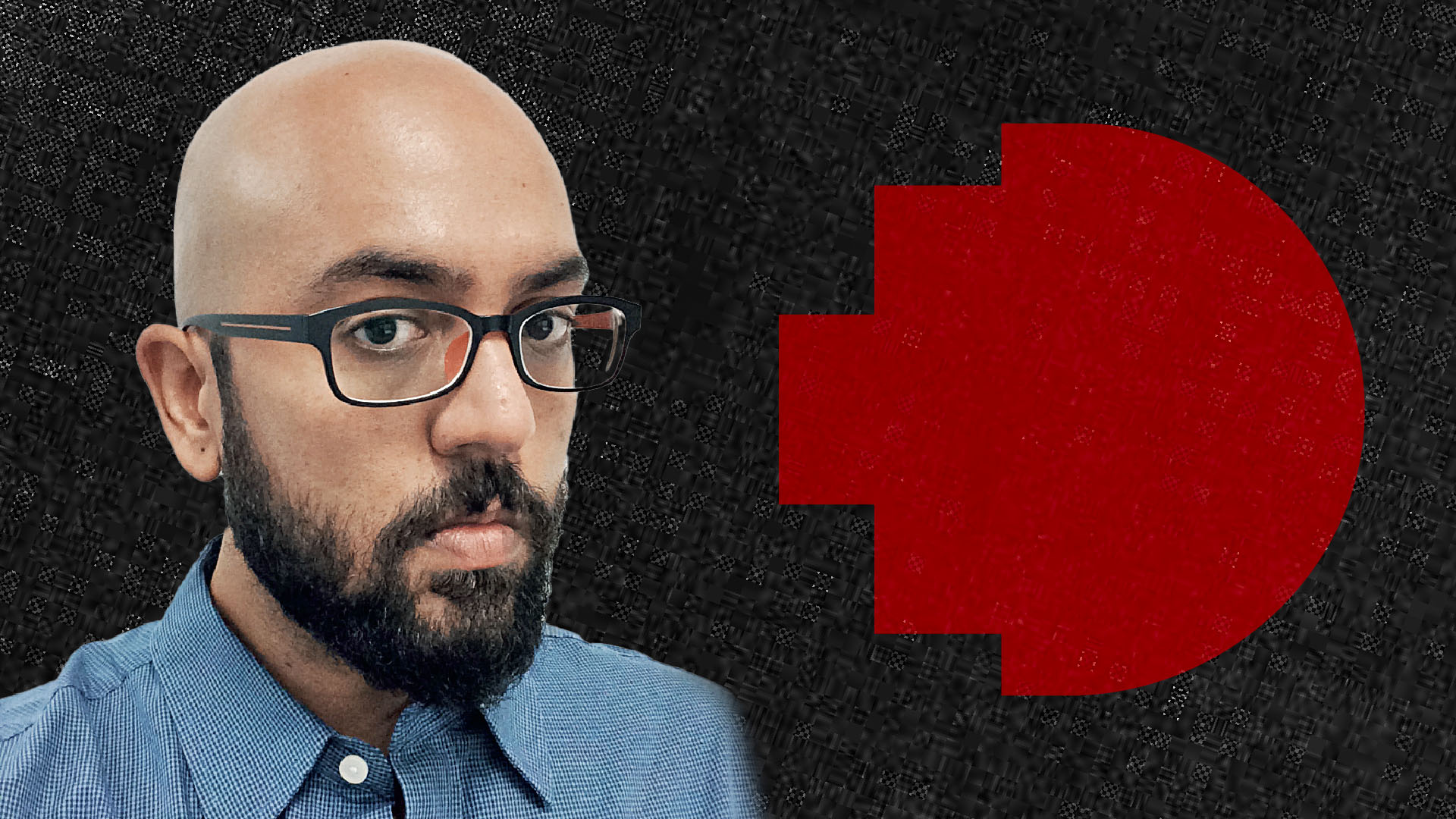
Hari Raj
RMIT Class of 2010, Multiplatform Editor at The Washington Post (Seoul)
Below is an excerpt from Hari Raj’s essay in the upcoming book ‘Journalism Matters: 50 Years of Journalism at RMIT’. With contributions from notable RMIT alumni, including Michelle Griffin, Rachael Hocking and Britt Clennett, the book is a retrospective of Australian journalism and a celebration of RMIT’s role in educating and training generations of inquiring, principled journalists.
It will be launched at RMIT University on 14 November. Get your tickets here. All ticket and book sale proceeds go directly to an equity scholarship fund to assist journalism students.
At some point, I started covering the arts and culture beat and helping to sub-edit copy for the magazine where a high school classmate’s sister worked; she had taken notice of some doggerel I had sent via group email and decided to try me out on a writing assignment. In 2003, thanks to her recommendation, I was hired to write features for a business magazine. This was an insert printed on paper of a stock heavier and whiter than newsprint, gleaming from within the pages of the Saturday paper with the unsubtle contrast of a toothpaste commercial. I was extremely proud of this — and so it was with a heavily earned dose of karma that one evening, upon buying fried noodles, I was presented with my meal wrapped in an article that I had spent weeks reporting and writing. I noticed the vendor had a stack of pages from my section readily available. I enquired whether they had been selected specifically. “Yes,” he said, with the conspiratorial air of one about to impart a trade secret, “Good paper. Soaks up oil better.”
When I moved back to Australia for good in the summer of 2007, I was delighted at the challenge of proving myself in Melbourne, and, in hindsight, less delighted at my spectacular timing, which involved making this decision at the height of the Global Financial Crisis. Jobs were scarce, and no prospective employer seemed to care about my experience overseas. And that, after a year of scattered freelancing, is where the RMIT Graduate Diploma in Journalism came in.
On our first day of class in 2009, Maree Curtis, program director at the time, gathered the eager masses to deliver a message that hewed very closely to “Don’t make friends, because you’re going to be competing for jobs”. I learned a lot from Maree, but in this instance, I am very pleased to say she was wrong. You should absolutely befriend the people united by a shared hunger, with whom you sweat shoulder-to-shoulder in the editing dungeons beneath Swanston Street, the people kind enough to film you doing vox pops, even the person you’re assigned to profile in Features class. My graduating class contained a couple of intra-class relationships, at least one marriage, and some of the best friends I’ve ever made. It’s been 13 years and we’re still annoying each other, and that’s a beautiful thing.
Halfway into the Grad Dip program, I decided to keep going an additional six months and turn that piece of paper into a Masters degree. (Many thanks to my long-suffering supervisor Mandy Oakham, who did not laugh in my face when I told her I wanted to do a thesis on representations of journalism in Superman comics.) I finished this in a part-time capacity, after I got a job in 2010 writing for a magazine put together by a publisher who had swooped in and cornered the market on Fairfax’s real estate advertising. They were fun, those days in a converted restaurant in the shadow of the Spirit of Tasmania, where we cobbled together something new. It showed the importance of having some variety in your reporting diet. A big part of the reason they took a punt on me was my experience in business, sports and arts features, and I’ll always be grateful to my editor there, who was the first to see my eclectic resume as an asset instead of evidence I was easily distractible.
The RMIT course is renowned for its focus on practice, which was a big draw for me. I did it to learn a little about audio and video production, to appreciate the mythology of Australian journalism, and most of all for the work placements, which are absolutely priceless. There’s no substitute for doing the thing — those of you about to embark on a course, or who are just finishing one, understand that the pace of what you’re doing in a classroom is nothing even close to what you’ll do in a newsroom. Every rule you internalise will be bent and broken and turned on itself as a story struggles to be born. And no course is going to tell you how hard it is to keep picking up the phone, calling people who know about something to help you inform the people who don’t. It feels all too easily forgotten these days that we’re conduits for stories, not their keepers. So learn what you can about how it’s done, but don’t be so beholden to the past that you forget to try something new. Take chances, on style and medium and angles and sources – most of all, on people. I am only here because people took chances on me, again and again and again, and I’ve tried to do the same.